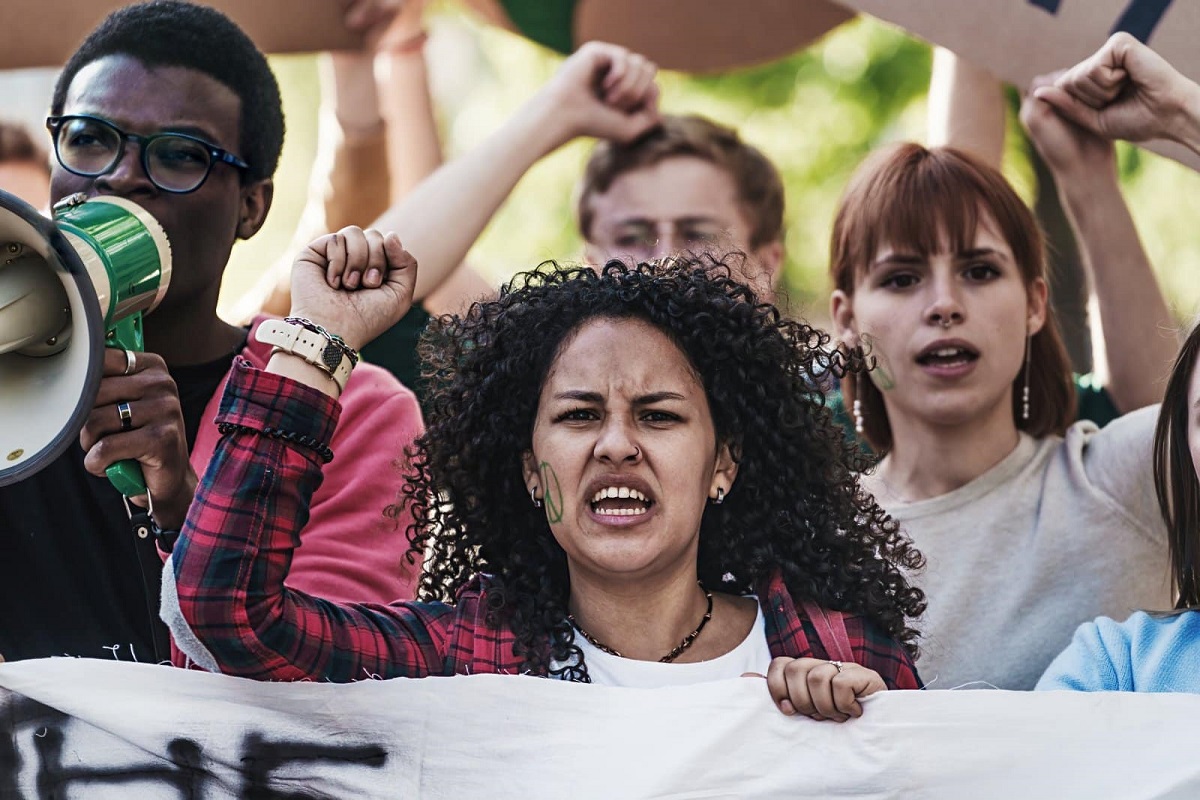The political landscape is constantly evolving, and the terms “liberal” and “left” often intertwine in complex ways. Traditionally, liberalism emphasizes individual freedoms, civil rights, and a cautious approach to economic intervention. However, some argue that segments of the left have shifted away from these classical liberal principles. Here are 18 ways in which this shift is perceived:
#1. Increased Focus on Collective Rights

There’s a growing emphasis on group identities over individual autonomy.
#2. Support for Speech Regulations
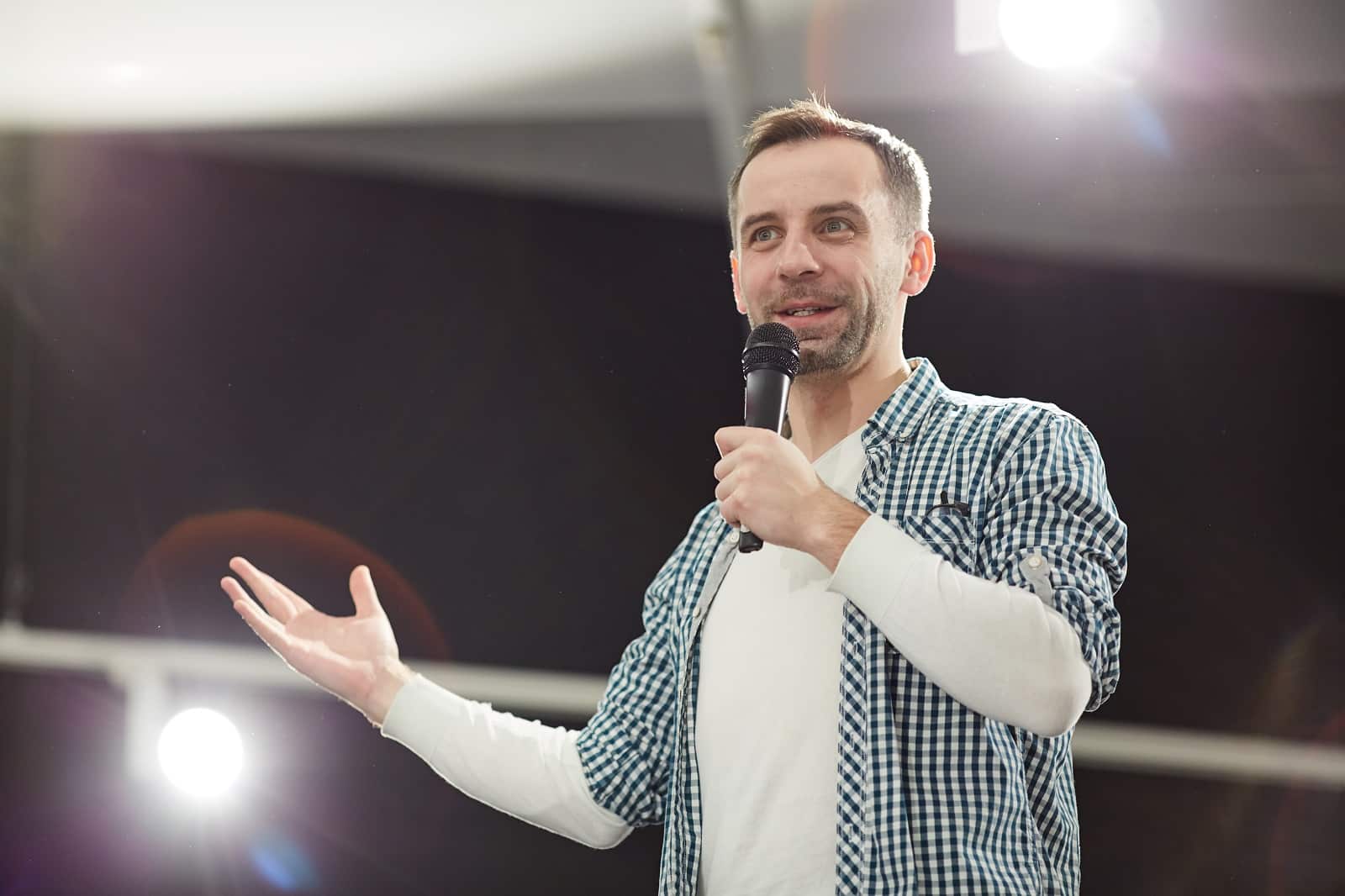
Advocacy for hate speech laws and other regulations that may conflict with free speech principles.
#3. Preference for Government Intervention
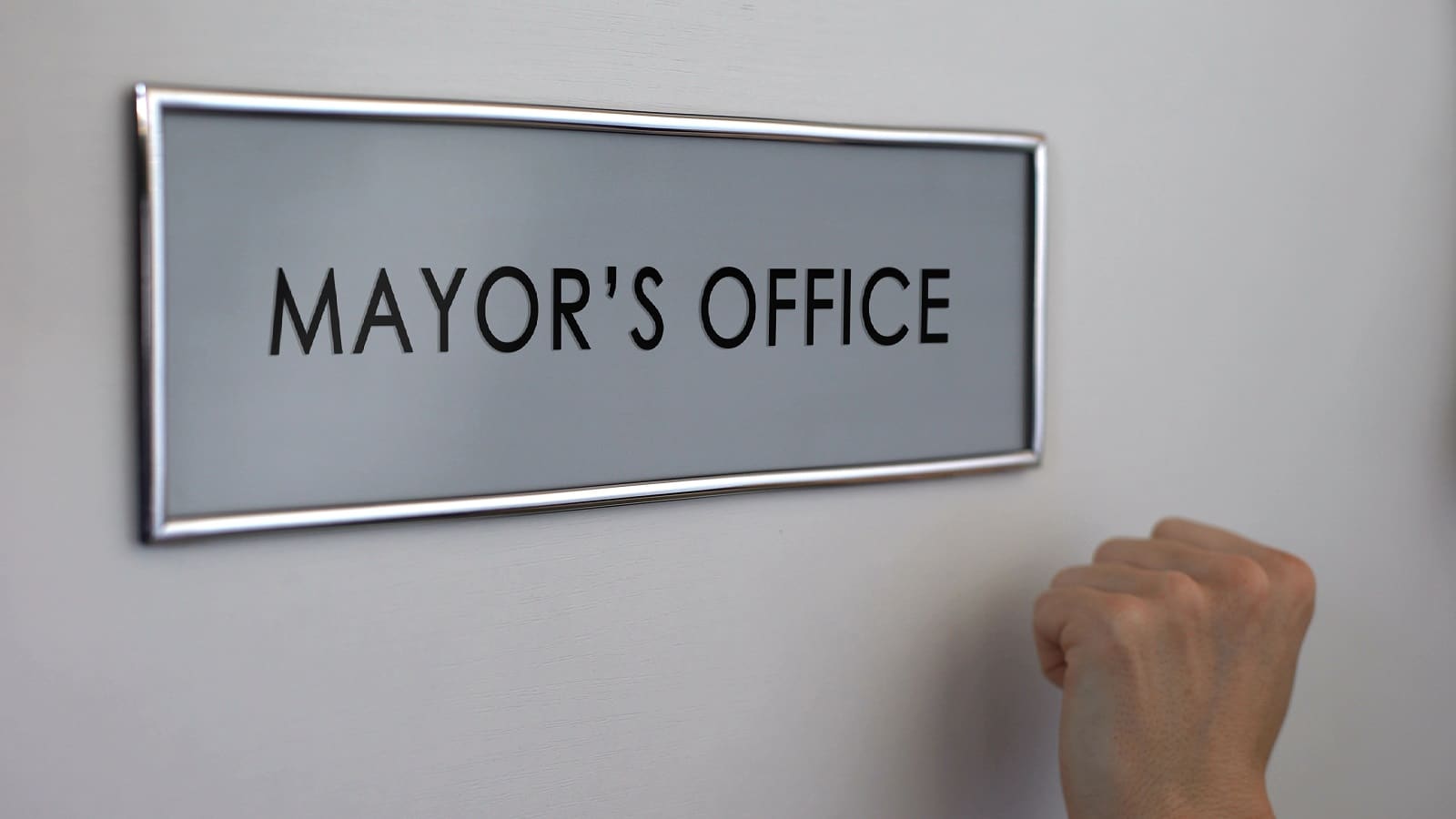
A move towards advocating for more government control in markets and private lives.
#4. Redefining Free Speech
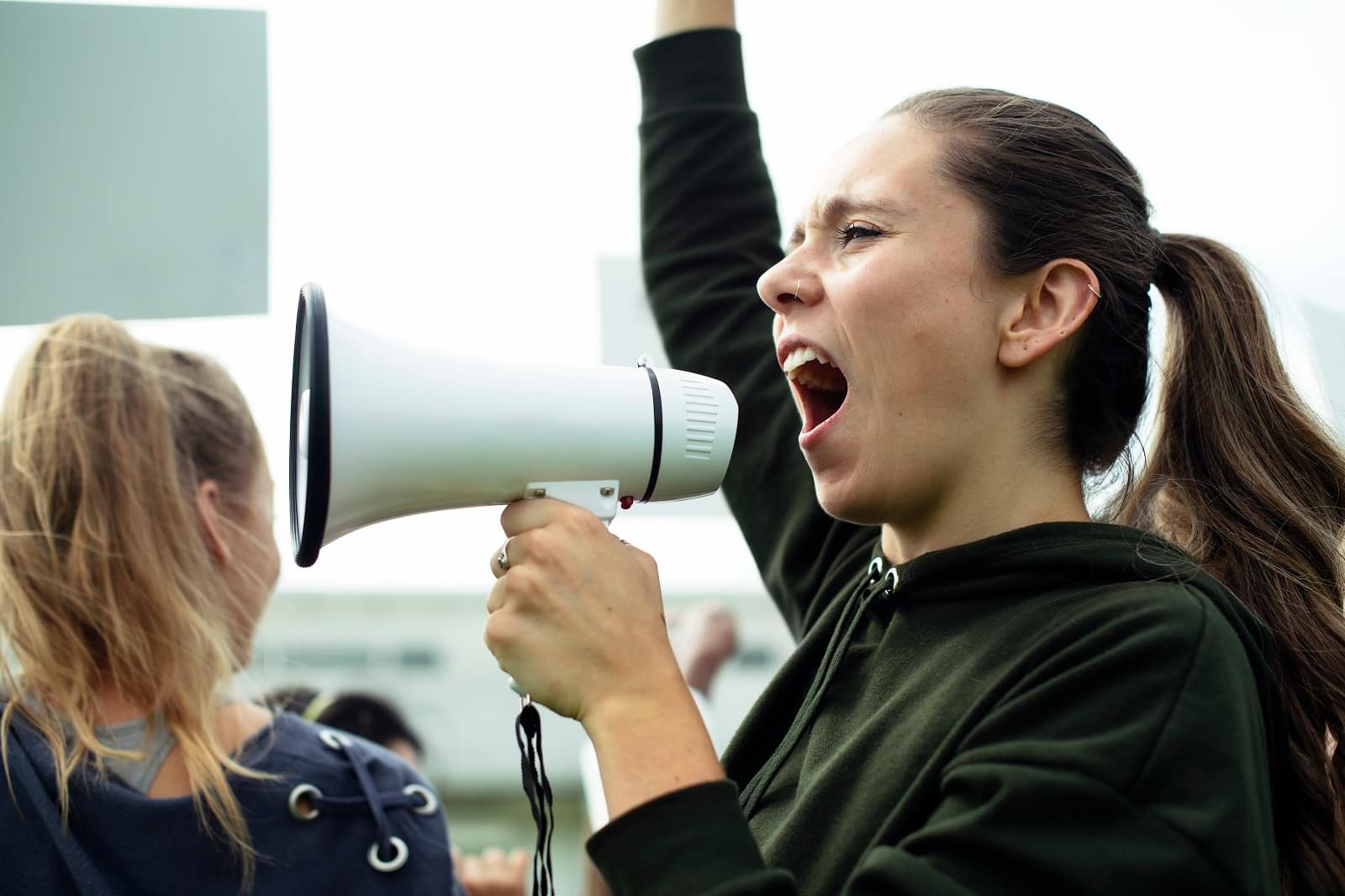
Some argue there’s an inclination to label opposing viewpoints as harmful or unacceptable, limiting open discourse.
#5. Policing Thought

An increased tendency to monitor and correct politically incorrect thoughts or language.
#6. Reluctance to Debate

A perceived decline in the willingness to engage with differing opinions in favor of echo chambers.
#7. Moral Certitude

A shift towards viewing the left’s own views as morally unquestionable.
#8. Cancel Culture

The practice of boycotting or “cancelling” individuals who have expressed controversial opinions.
#9. Safety Over Freedom
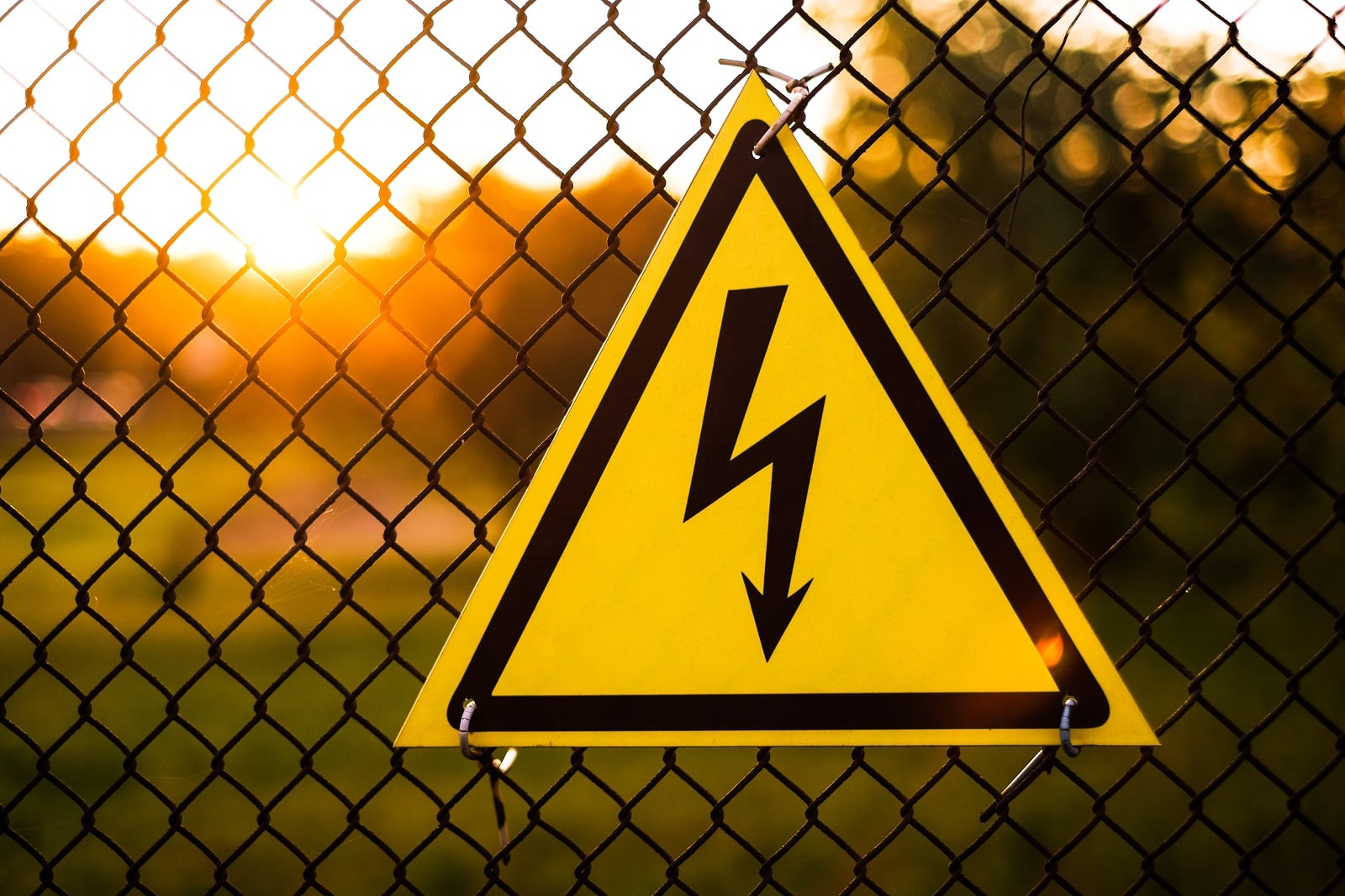
Prioritizing emotional and physical safety, sometimes at the expense of free expression.
#10. Wealth Redistribution Emphasis
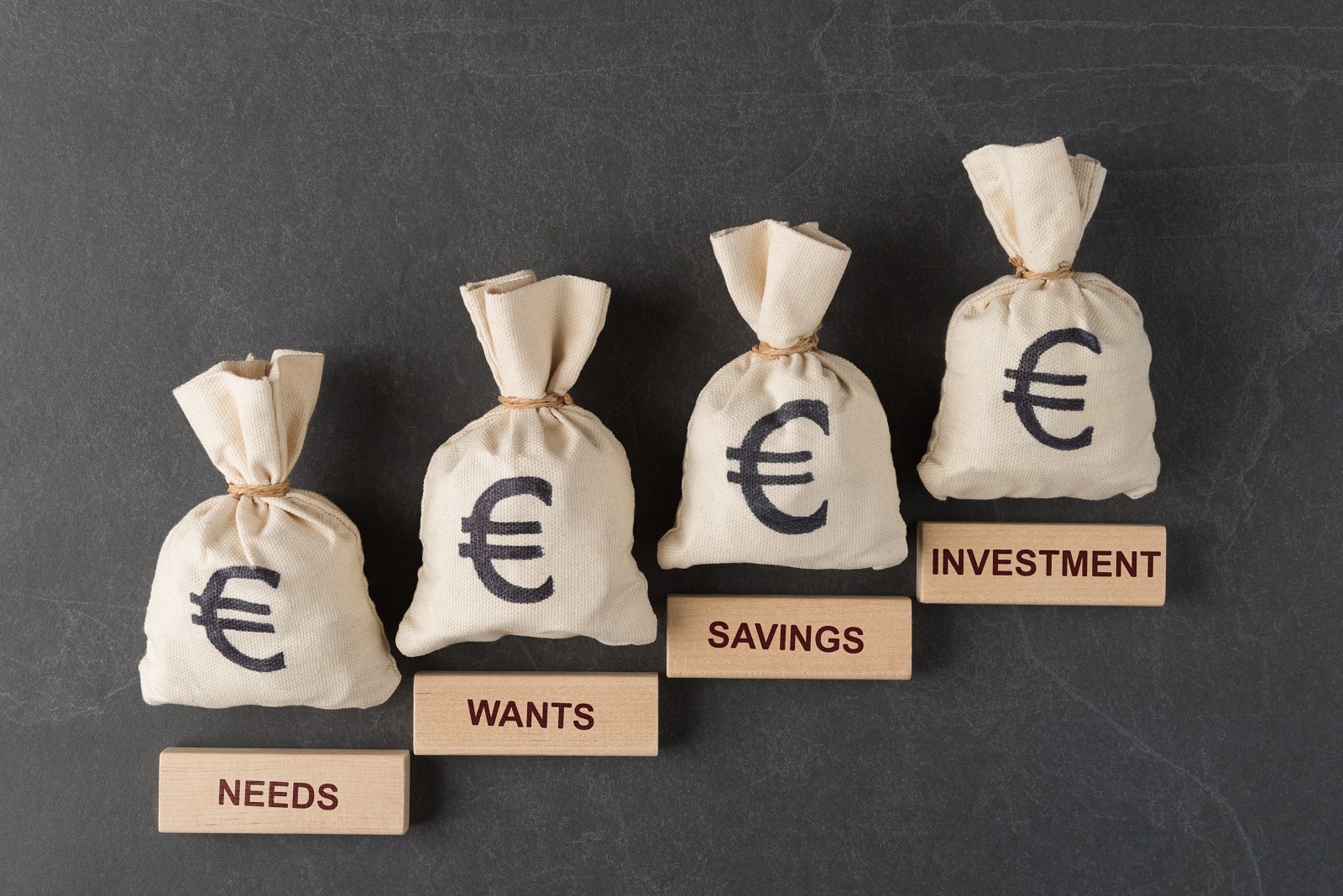
A stronger focus on redistributing wealth as opposed to creating it, which some argue stifles individual entrepreneurial freedom.
#11. Increased Censorship
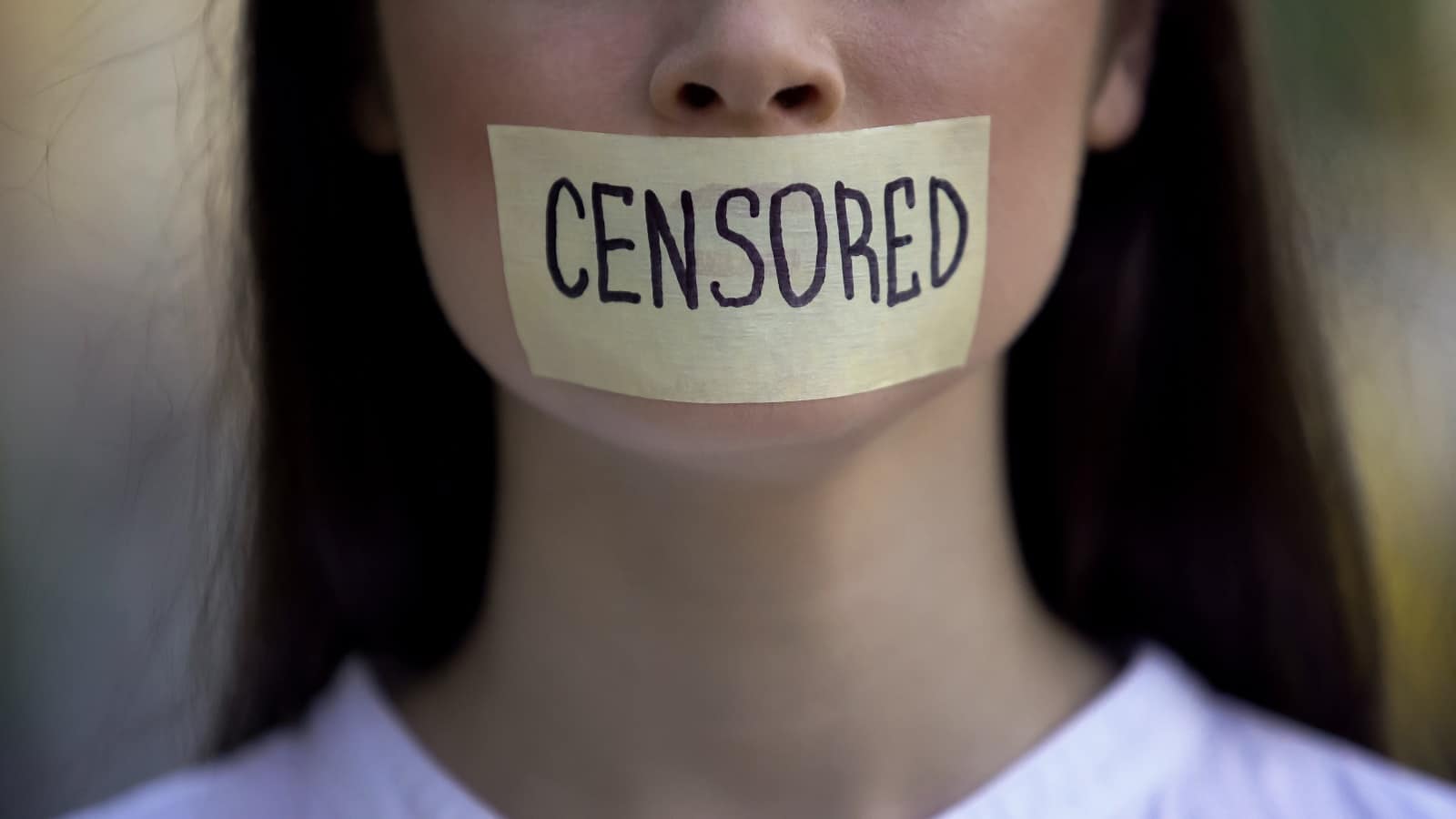
Support for censoring or de-platforming views considered harmful, rather than debating them.
#12. Educational Indoctrination Concerns

The belief that education systems are being used to promote specific ideologies over critical thinking.
#13. Social Engineering
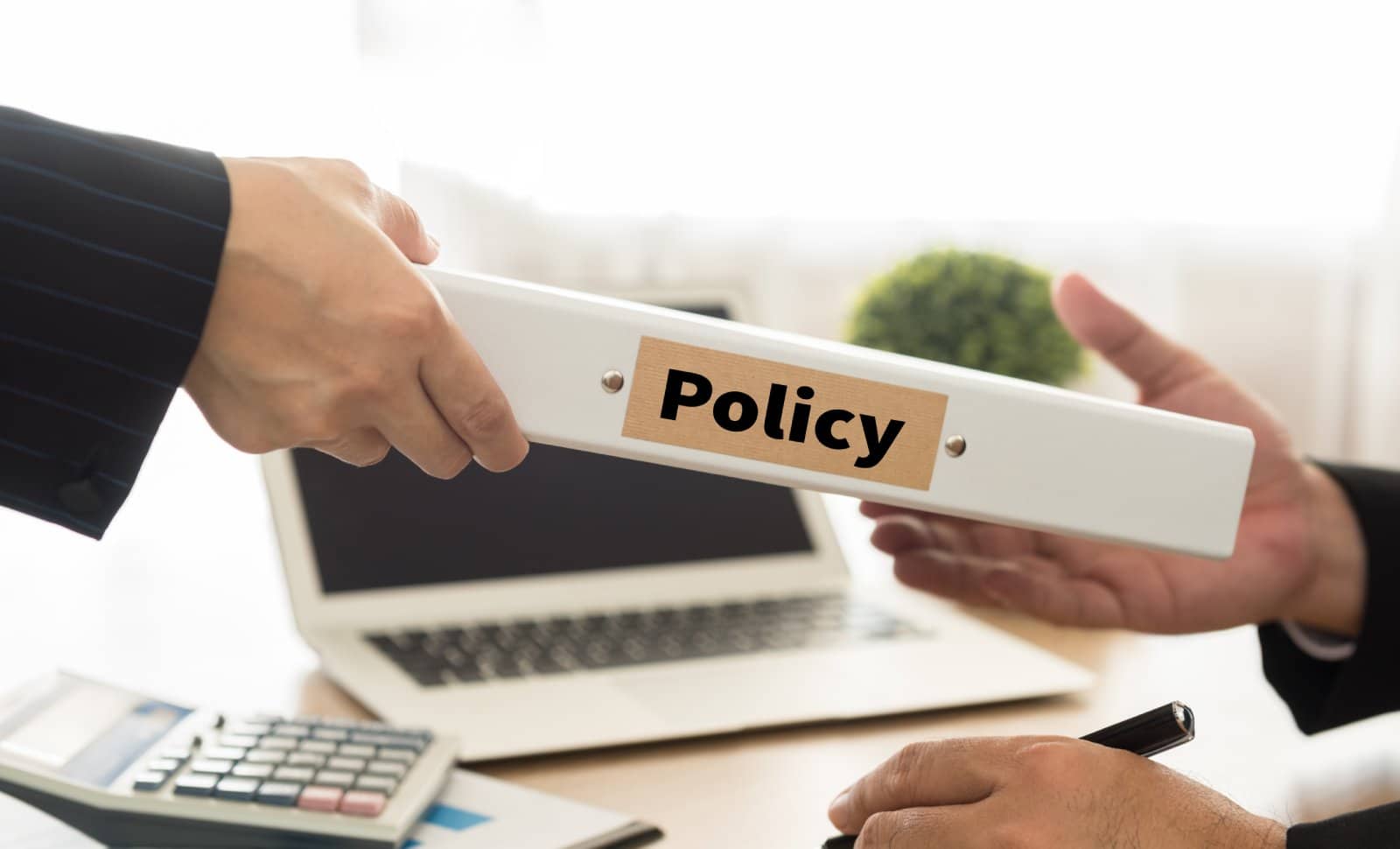
Efforts to shape society according to ideological beliefs through policy, rather than allowing organic societal evolution.
#14. Identity Politics

Some argue that there’s an overemphasis on identity, which can detract from universal principles of justice and equality.
#15. Big Government Advocacy
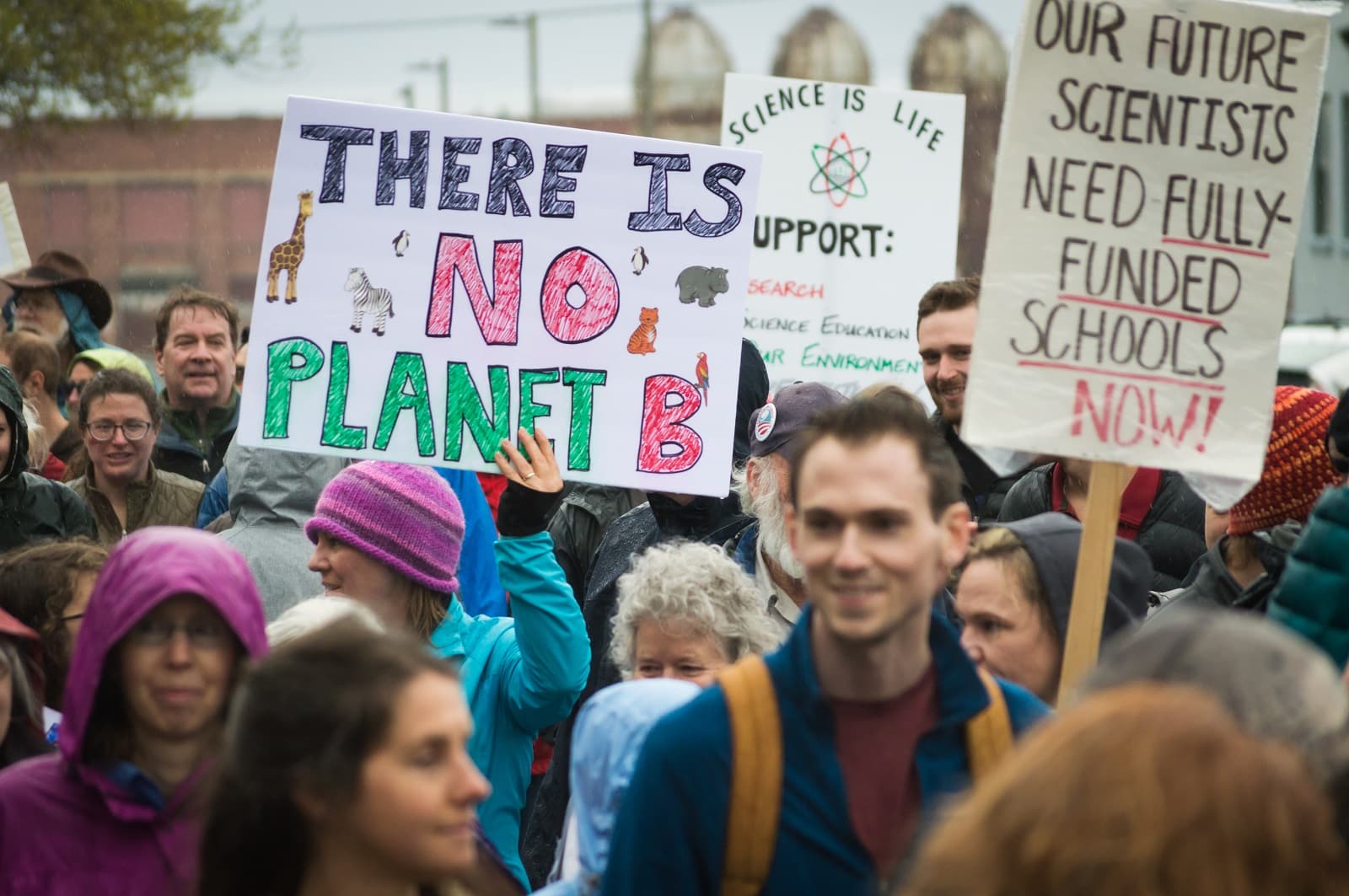
A shift towards supporting expansive government powers, believed by some to infringe on personal liberties.
#16. Diminished Tolerance for Dissent

A reduced tolerance for dissenting views within the political left itself.
#17. Economic Intervention
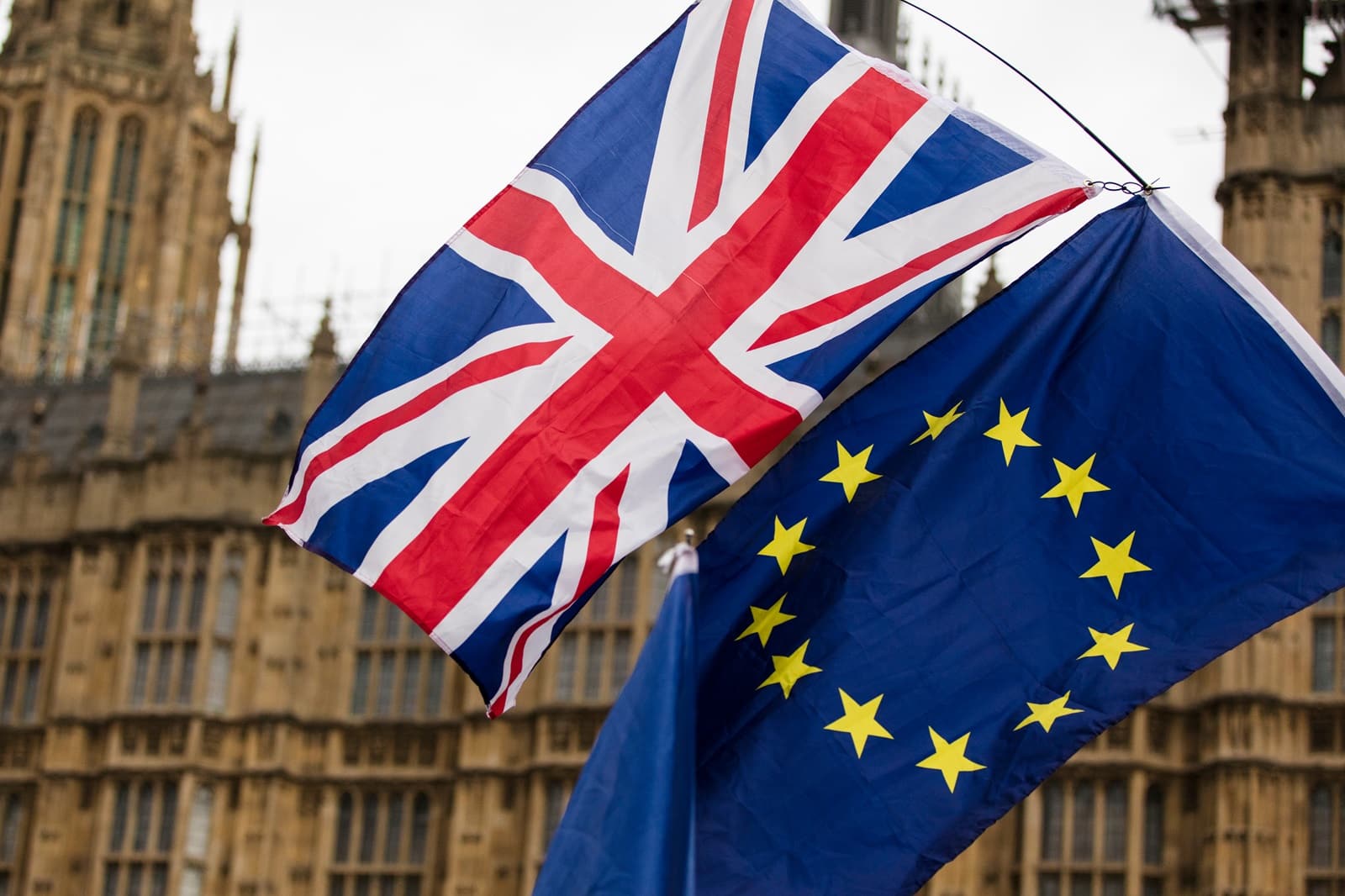
An inclination towards significant government intervention in the economy, viewed by some as antithetical to liberal economic freedoms.
#18. Autonomy in Personal Choices
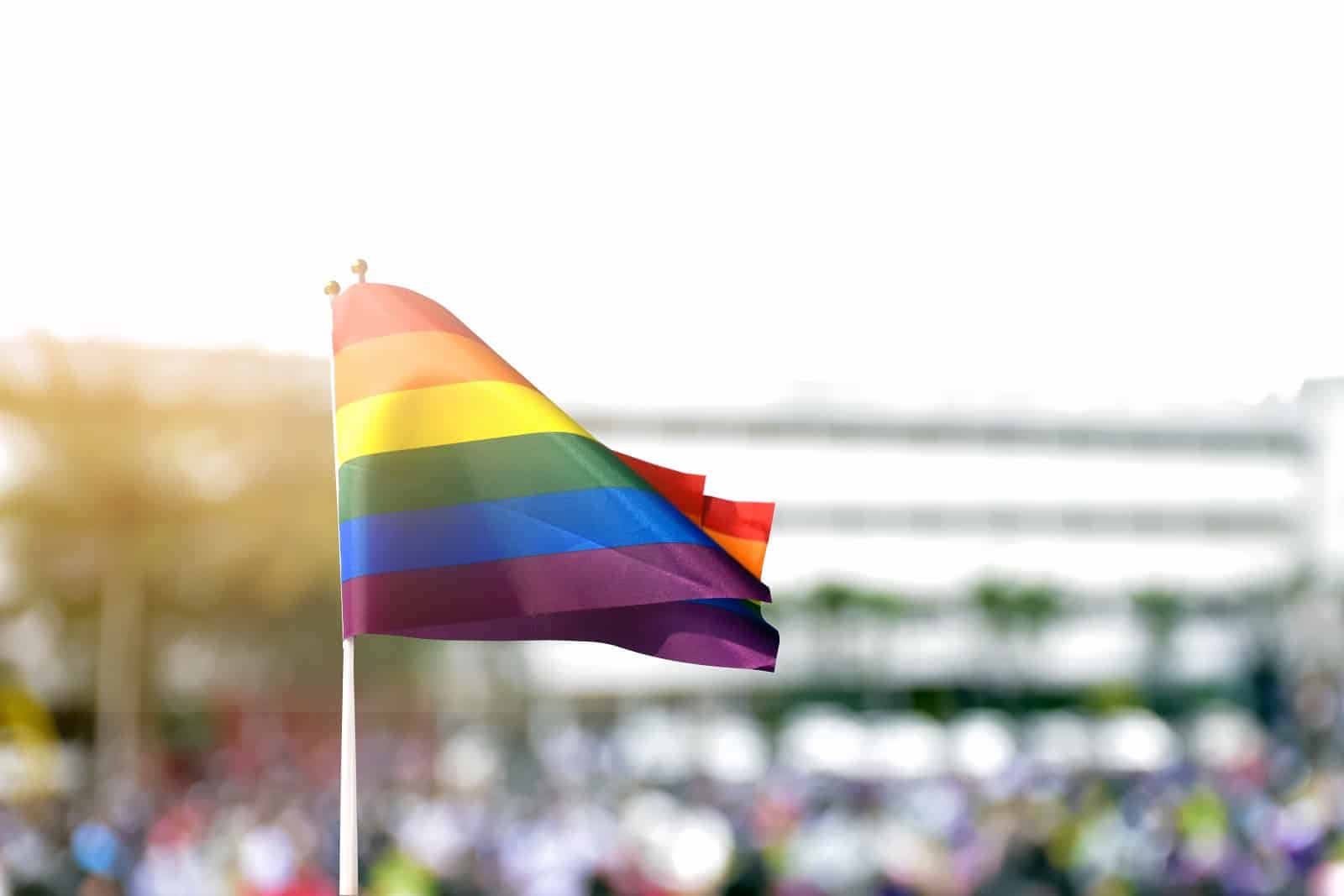
Restrictions or moral judgments on personal lifestyle choices that traditionally liberals would defend as individual rights.
The Bottom Line
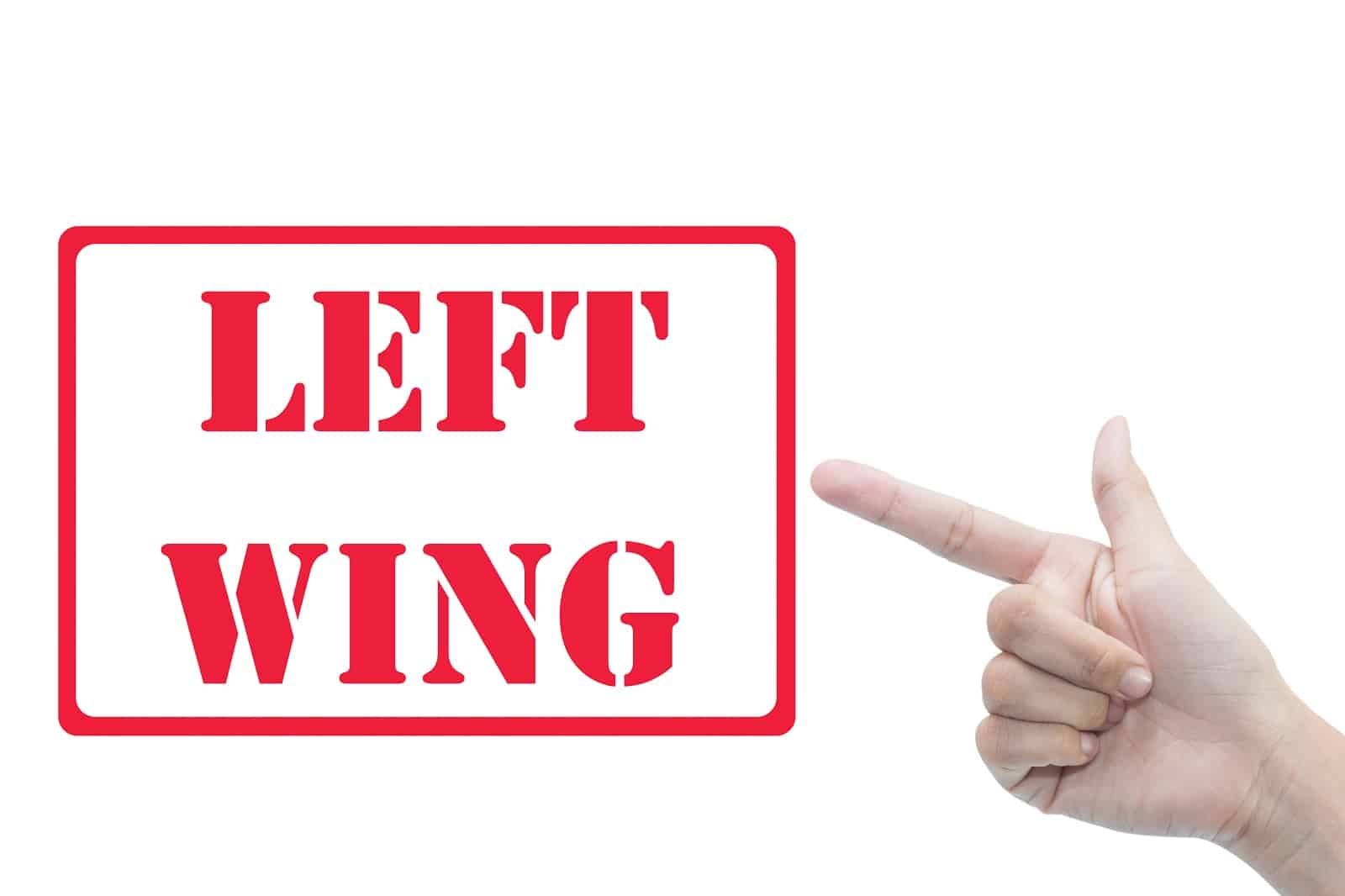
The left, like any broad political categorization, encompasses a wide range of views and philosophies, and what seems like a departure from liberalism to some may be seen as an evolution of those principles by others. The discussion around these shifts highlights the dynamic nature of political ideologies and the ongoing debate about the best ways to achieve a just and free society.
More Articles Like This…
Broken Britain: 12 Reasons Behind the UK’s Decline
Say the Unsayable: 10 Occasions When Farage Spoke His Mind About Britain
The post 18 Signs the Left Have Become Less Liberal first appeared on Edge Media.
Featured Image Credit: Shutterstock / Lomb.
For transparency, this content was partly developed with AI assistance and carefully curated by an experienced editor to be informative and ensure accuracy.
Sarah Griffin is an experienced writer known for her incisive analysis of UK politics and human rights issues. Her work blends depth and clarity, providing insightful and often satirical commentary on the contemporary political landscape

